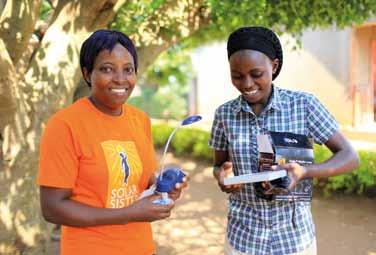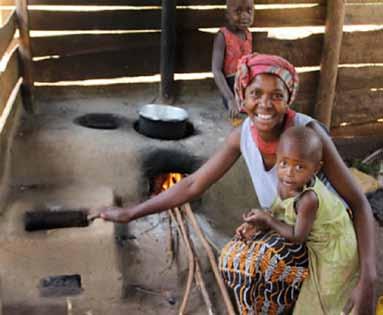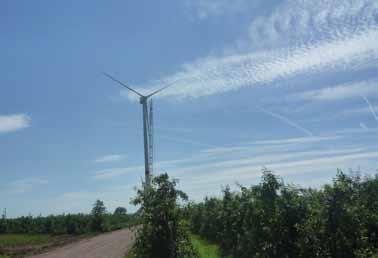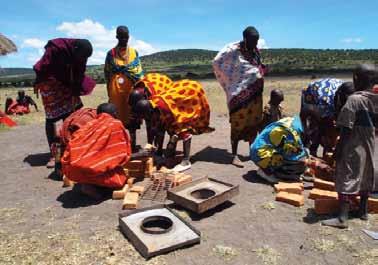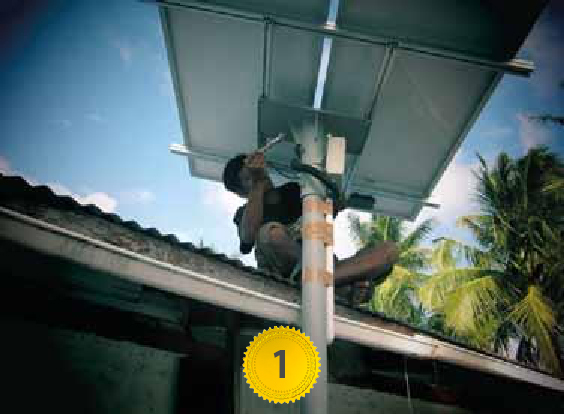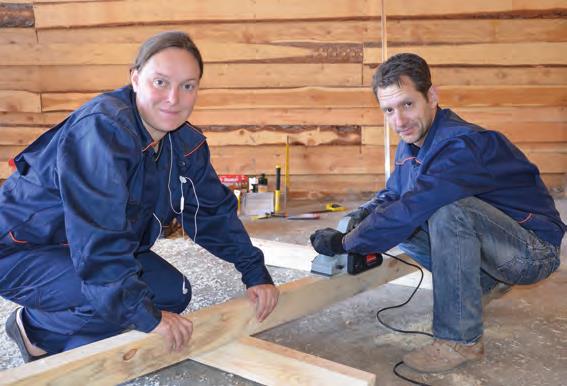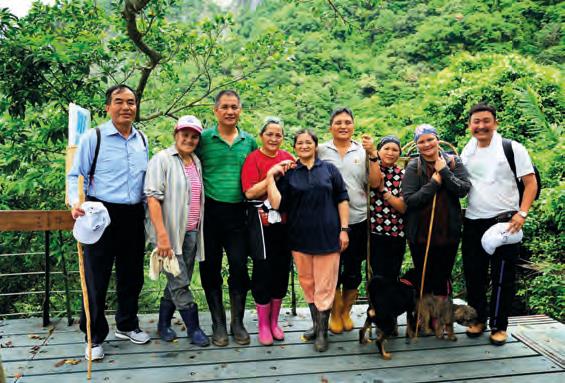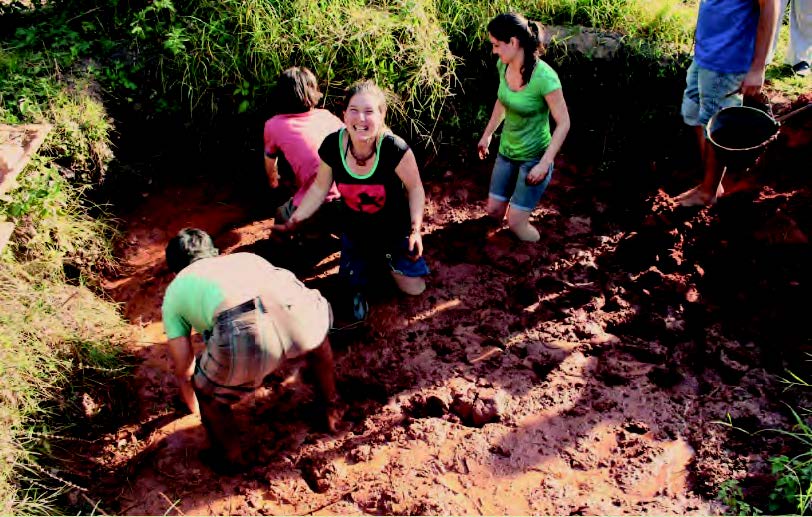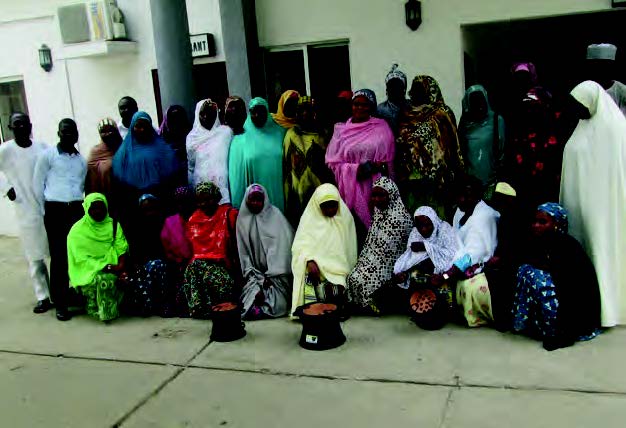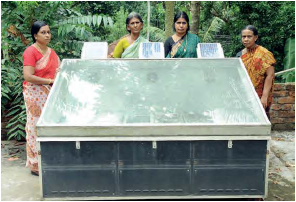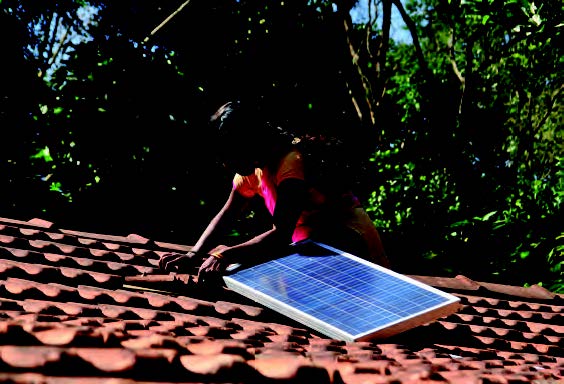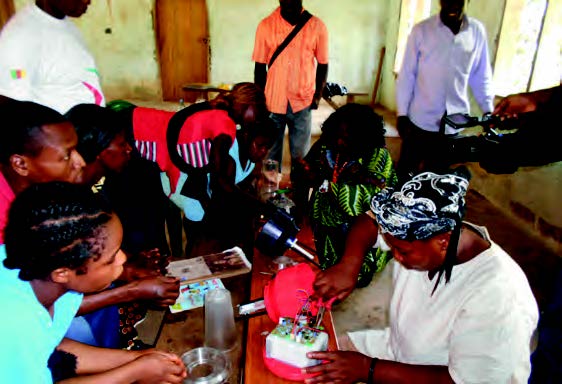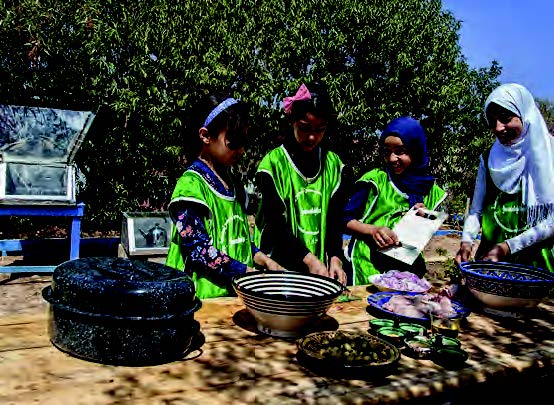A new adaptation initiative to disseminate the use of renewable energy while promoting women’s empowerment
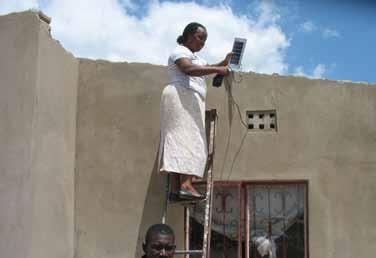
Description of the project: Lojas de Energias is an initiative adapted by Gilda Monjane, in 2011, as a way to fill a gap in infrastructure for rural off-grid areas. The initiative promotes female entrepreneurship in order to reinforce women’s economic empowerment at the same time that it is aiming to supply clean and renewable forms… Read More
